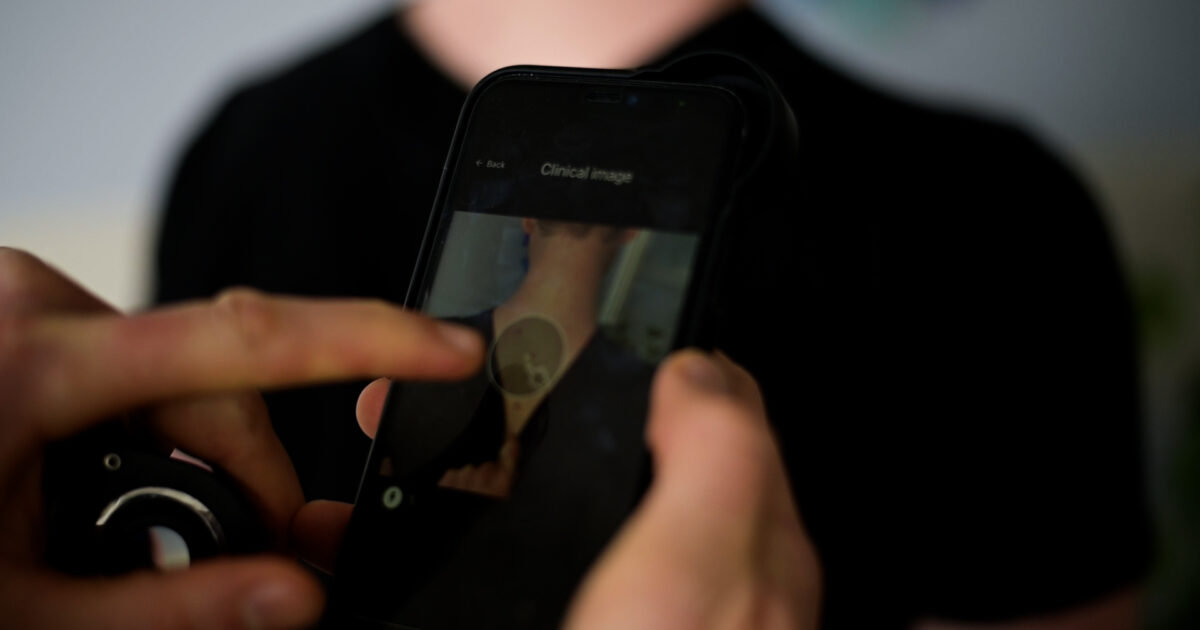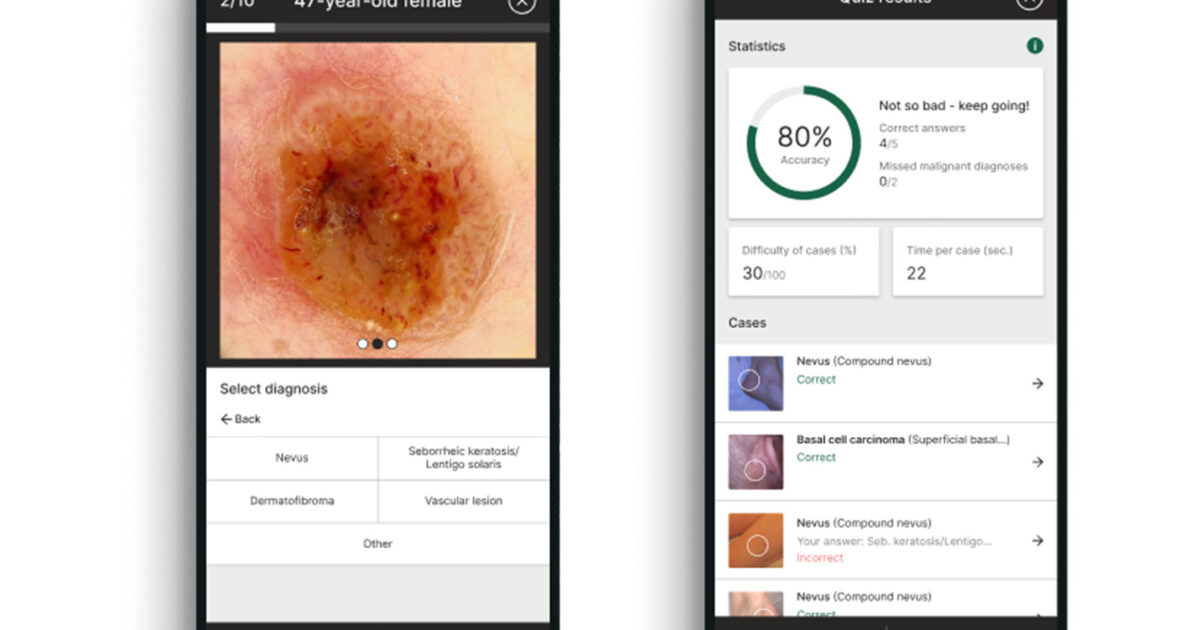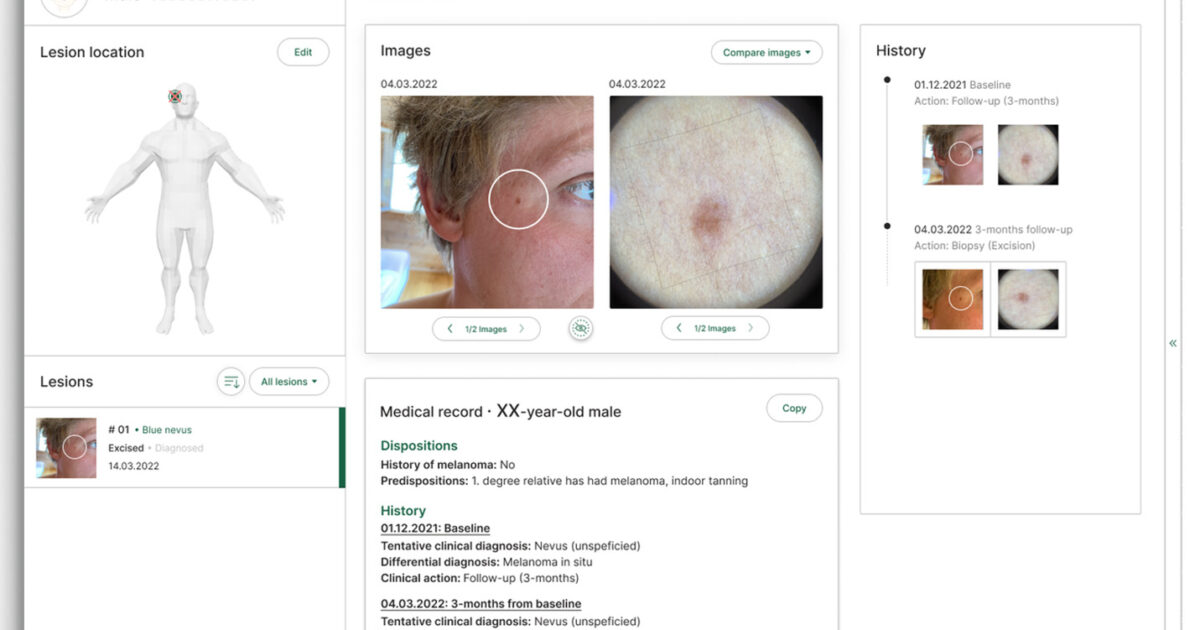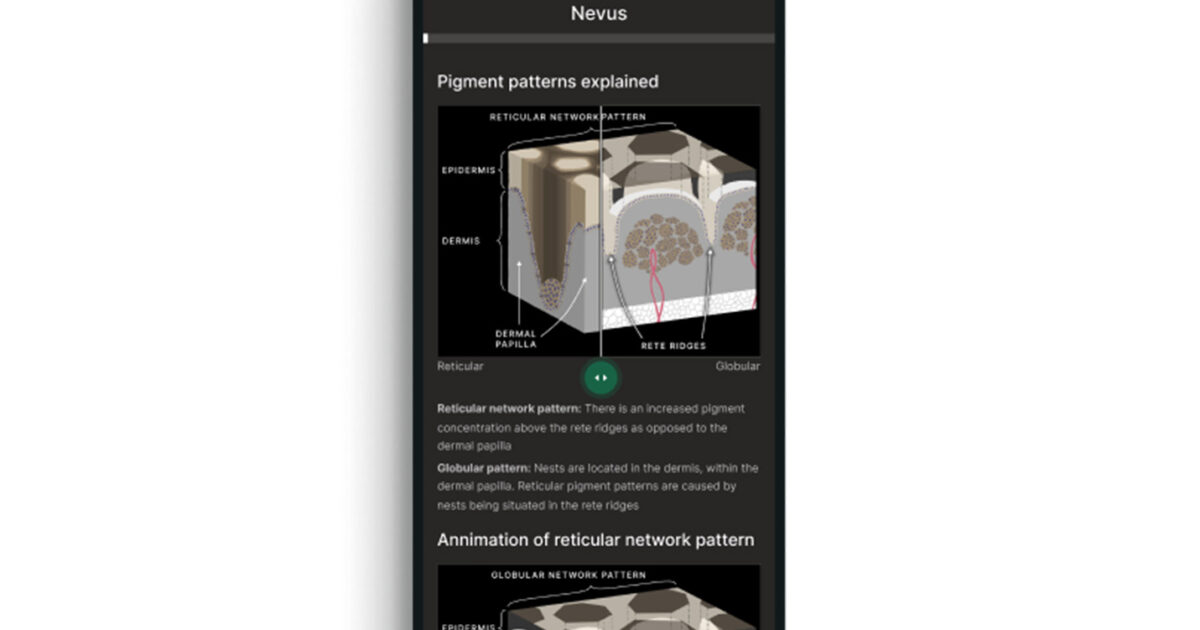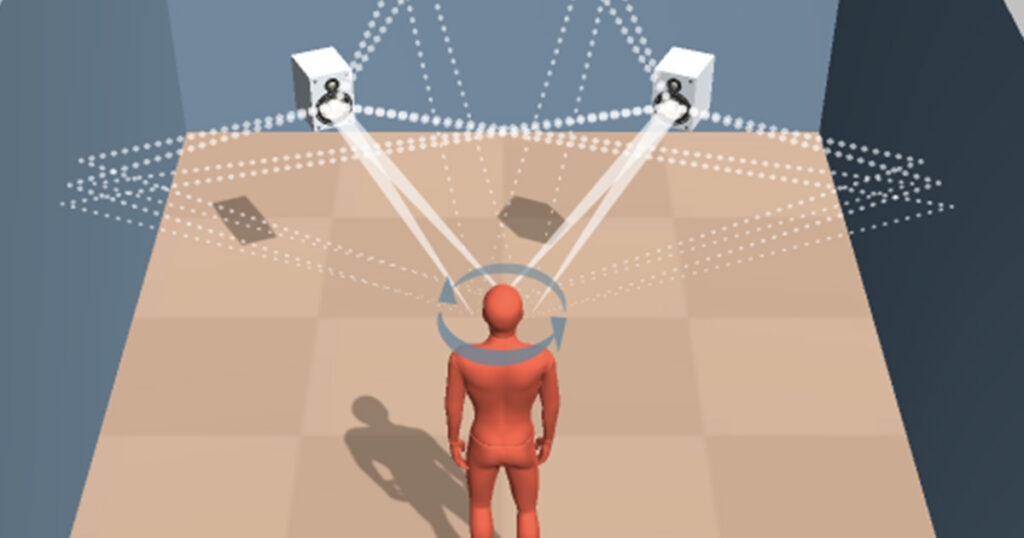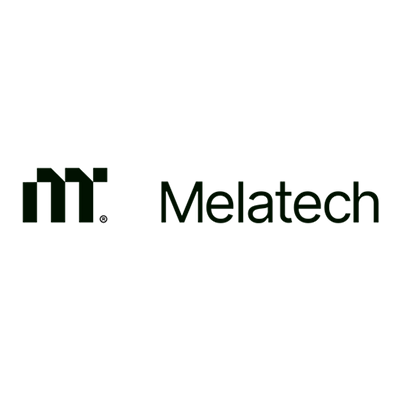
Melatech
AI-augmented training, clinical feedback, and management of skin lesions suspicious for cancer.
Active Next round Series A Denmark Digital healthMelatech have developed Dermloop, a platform designed to provide rapid access to dermatologists for all skin conditions, including skin cancer.
Their innovative solution is reducing wait times, lowering costs, and ensuring that more patients get the care they need—quickly and efficiently.
When a GP identifies a suspicious skin lesion, they can use Dermloop to take high-quality images and send them directly to a dermatologist. Instead of waiting months, patients receive a response within 48 hours.
This means that patients with benign conditions are reassured in days, eliminating weeks of unnecessary anxiety, dermatologists can prioritise urgent cases, reducing overall waiting lists, and GPs gain access to teaching tools that build their confidence in diagnosing common skin conditions, improving efficiency system-wide.
Dermloop is also helping address the healthcare gap in the U.S., where nearly 30 million people lack health insurance and often can’t access dermatological care.
With Dermloop, Melatech is democratising dermatology, making expert care faster, more accessible, and more affordable for everyone.
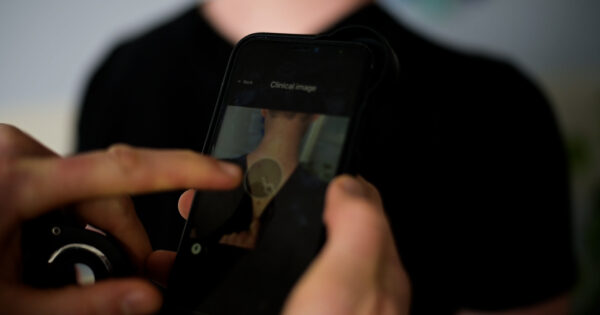
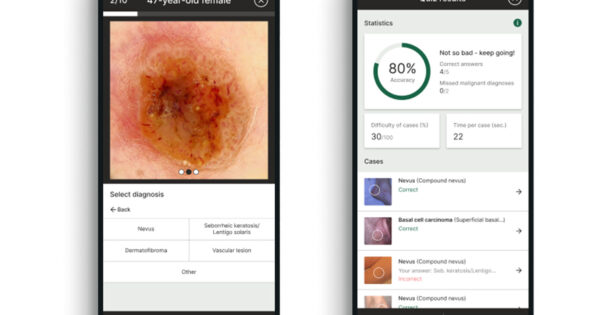
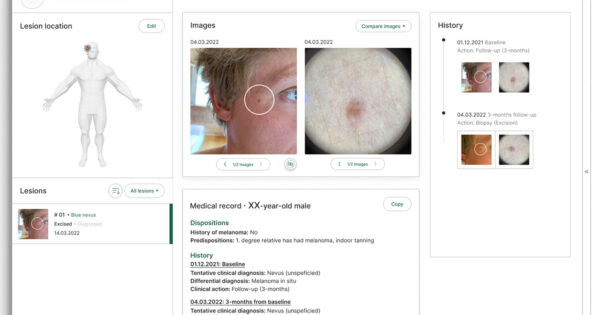
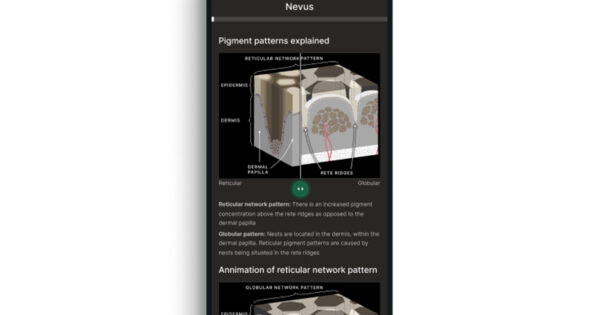
Last updated July 9, 2025
Founding team

Niels Kvorning Ternov, CEO
Niels Kvorning is an MD, specialised in plastic surgery, and he came up with the idea for Dermloop while he was still a student and working as a researcher.
Articles
Er det hudkræft? Fremover kan du få en vurdering efter én dag
20/06/2025 @ Danmarks Radio
Melatech democratising cancer diagnosis
21/06/2024 @ Accelerace
App kan opdage kræft hurtigere – nu bredes den ud til hele Danmark
20/06/2024 @ TV2 Danmark
Melatech looking to decrease huge wait times for dermatologists
11/10/2023 @ Accelerace
App til melanomer kan blive en gevinst for sundhedsvæsenet, men en ekstra opgave til almen praksis
07/09/2023 @ Medicinsk Tidsskrift

Established: 2018
Investment: 2022
Money raised: € 5.500.000+
Soft funding: € 4.100.000
Our investment thesis
There is a rapidly growing number of skin related consultations, which furthers an already existing supply (treatment) shortage. Unless technology aids more effective workflows for skin diagnostics, this part of the healthcare sector will be at high risk of collapse. It cannot be handled by ramping up the current methods for handling skin lesions (i.e., training more dermatologists in the traditional way), as it is too expensive and limited relative to the demand growth. By leveraging existing smartphone camera technology, it is possible for a GP (or the patient him/herself) to take a picture and share with a dermatologist for immediate assessment and subsequent next steps. Also, by enabling a dermatologist to train and supervise several e.g., nurses using the tool, it is possible to substantially expand the capacity of a single dermatologist.
